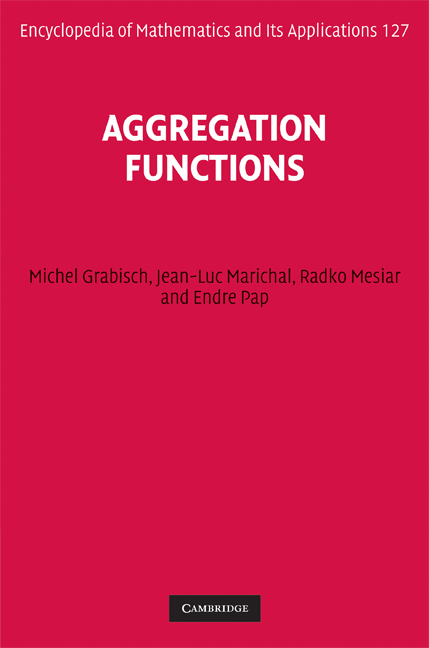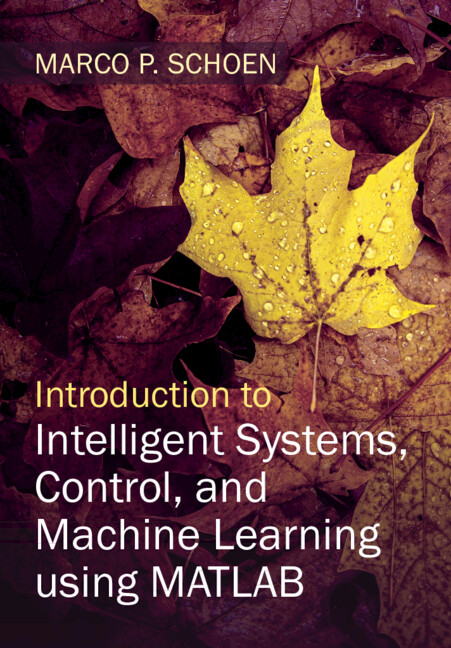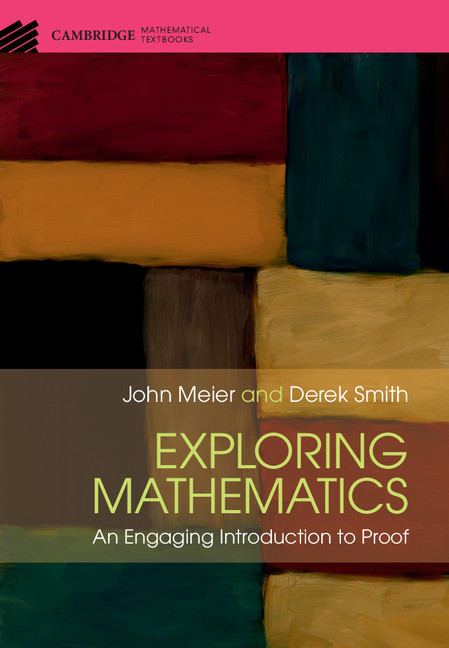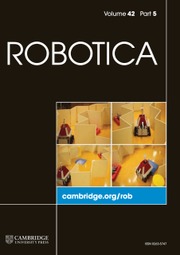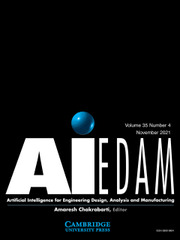Aggregation Functions
Aggregation is the process of combining several numerical values into a single representative value, and an aggregation function performs this operation. These functions arise wherever aggregating information is important: applied and pure mathematics (probability, statistics, decision theory, functional equations), operations research, computer science, and many applied fields (economics and finance, pattern recognition and image processing, data fusion, etc.). This is a comprehensive, rigorous and self-contained exposition of aggregation functions. Classes of aggregation functions covered include triangular norms and conorms, copulas, means and averages, and those based on nonadditive integrals. The properties of each method, as well as their interpretation and analysis, are studied in depth, together with construction methods and practical identification methods. Special attention is given to the nature of scales on which values to be aggregated are defined (ordinal, interval, ratio, bipolar). It is an ideal introduction for graduate students and a unique resource for researchers.
- Up-to-date and complete survey on aggregation functions
- Presents a unified view of aggregation functions with unified notations and terminology in accordance with mathematical standards
- Essential reference for researchers in a broad range of fields
Reviews & endorsements
'Throughout the entire work, many examples and applications of aggregation are given. The presentation is abstract, formal, and mathematically rigorous, providing a firm foundation for specific applications. This book should be taken very seriously by anyone whose work involves aggregation.' Jonathan Golan, Reviews.com
Product details
July 2009Hardback
9780521519267
482 pages
240 × 164 × 32 mm
0.87kg
2 b/w illus. 12 tables
Available
Table of Contents
- Preface
- 1. Introduction
- 2. Properties for aggregation
- 3. Conjunctive and disjunctive aggregation functions
- 4. Means and averages
- 5. Aggregation functions based on nonadditive integrals
- 6. Construction methods
- 7. Aggregation on specific scale types
- 8. Aggregation on ordinal scales
- 9. Aggregation on bipolar scales
- 10. Behavioral analysis of aggregation functions
- 11. Identification of aggregation functions
- A. Aggregation of infinitely many arguments
- B. Examples and applications
- List of symbols
- Bibliography
- Index.

